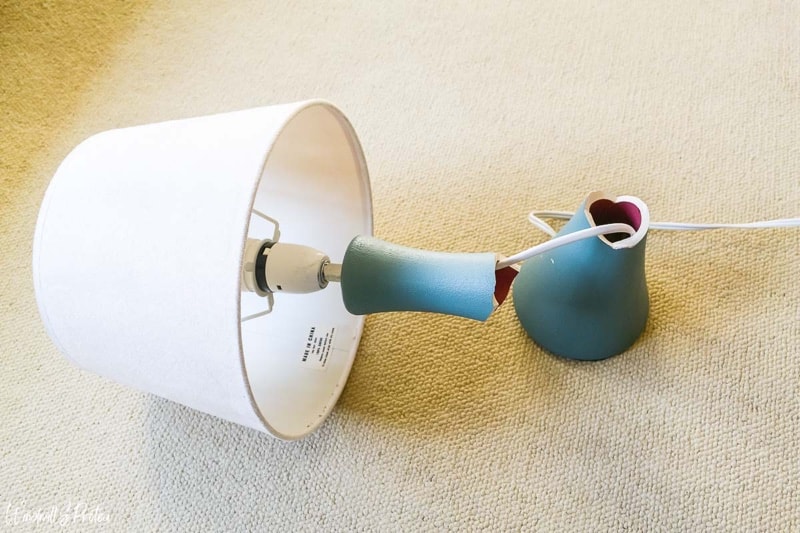Does private health insurance with a deductible make sense?

Almost all private health insurers offer their customers the option of agreeing deductibles or co-payments. Under certain circumstances, this can result in significant savings on premiums. We explain what deductibles in private health insurance are all about and when they are advantageous.
Deductibles basically mean that the policyholder has to pay a fixed portion of the medical costs per year himself. The PKV only reimburses the costs that exceed this amount. Those who make such an agreement with their insurance company usually pay significantly lower premiums than if they were to pay one hundred percent of the costs. This is the consideration for waiving full reimbursement. The savings may well be higher than the amount of the deductible and therefore quite attractive for private health insurance customers. Policyholders need not fear any financial overload in this
fear in this context.
Deductibles in private health insurance - these models exist
In practice, there are different models of deductibles, depending on the respective provider or tariff. Here is an overview:
- the general deductible as a fixed amount: here, the policyholder must pay a deductible across all areas of PKV. It must be paid regardless of whether it concerns outpatient, inpatient or dental treatment. Often, the general deductible is agreed as a fixed amount, for example $500 per calendar year. Invoices are then only reimbursed once the $500 mark is exceeded, but then in full;
- the module-dependent deductible as a fixed amount: this is often found in insurance tariffs with a modular structure. In this case, the deductible applies only to certain insurance modules, for example, exclusively for outpatient treatment or only for outpatient treatment and dental treatment. If a fixed amount is agreed as a deductible, the reimbursement practice - only related to the module - looks the same as with the general deductible;
- the percentage deductible: here, no fixed amounts are specified for the deductible, but percentage deductibles. This means that the policyholder always pays an agreed percentage of the medical costs, for example ten percent. In principle, private health insurance then reimburses 90 percent of the respective invoice amount. However, "caps" apply. The percentage deductible is only paid up to a certain maximum cost amount. The percentage deductible can also be structured across the board or limited to specific areas;
- The dynamic deductible: is relatively rare. Here, a fixed deductible must be paid per treatment or drug up to an agreed maximum sum.
Especially interesting for freelancers and self-employed persons
Self-retentions in private health insurance are of particular benefit to freelancers and self-employed persons. Since they have to pay their insurance premiums entirely on their own - there are no employer subsidies - they benefit fully from premium reductions through the deductible agreement. For employees, the advantage is relative: here, the employer pays a private health insurance subsidy. The employer therefore usually also participates in 50 percent of the premium reductions, while employees must bear the financial burden of the deductible alone.
Tax effects - also an aspect of deductibles
The tax effects must also be assessed in a differentiated manner. Contributions to private health insurance can be claimed as special expenses in the income tax return to reduce taxes. Premium reductions through deductible agreements reduce this effect. The deductible, on the other hand, cannot be claimed for tax purposes according to fiscal court rulings. However, it is possible to declare unreimbursed medical expenses as extraordinary expenses in the tax return. However, they are only partially taken into account there to reduce tax. The bottom line is that premium relief through a deductible agreement may mean less tax savings. The advantage of lower contributions may be weakened, but it is not eliminated. It also depends on the extent to which other pension expenses can be claimed.
Health is also important
Last but not least, the state of health is also relevant to whether and to what extent a deductible model pays off. People who do not need to use a lot of medical services are generally better off with a deductible agreement than if frequent treatments are required. Many insurance companies offer premium refunds if no PKV services are used in a calendar year. If you agree on a fixed amount as a deductible and keep your costs within the deductible, you will then benefit doubly
- through lower premiums compared to the one hundred percent reimbursement and
- through premium refunds due to lack of utilization of services.
However, it may be difficult to base a calculation on this, because personal health can only be planned and influenced to a limited extent.
Changing tariffs - sometimes with hurdles
It is usually not a problem to switch from a plan with full reimbursement to one with a deductible, as this reduces the risk and the company's costs from an insurance perspective. This also explains why the reverse is not quite so easy. Anyone who previously agreed a deductible and now wants a rate with full reimbursement or with a lower deductible must expect health questions and possibly a risk surcharge, and in the worst case even rejection.














